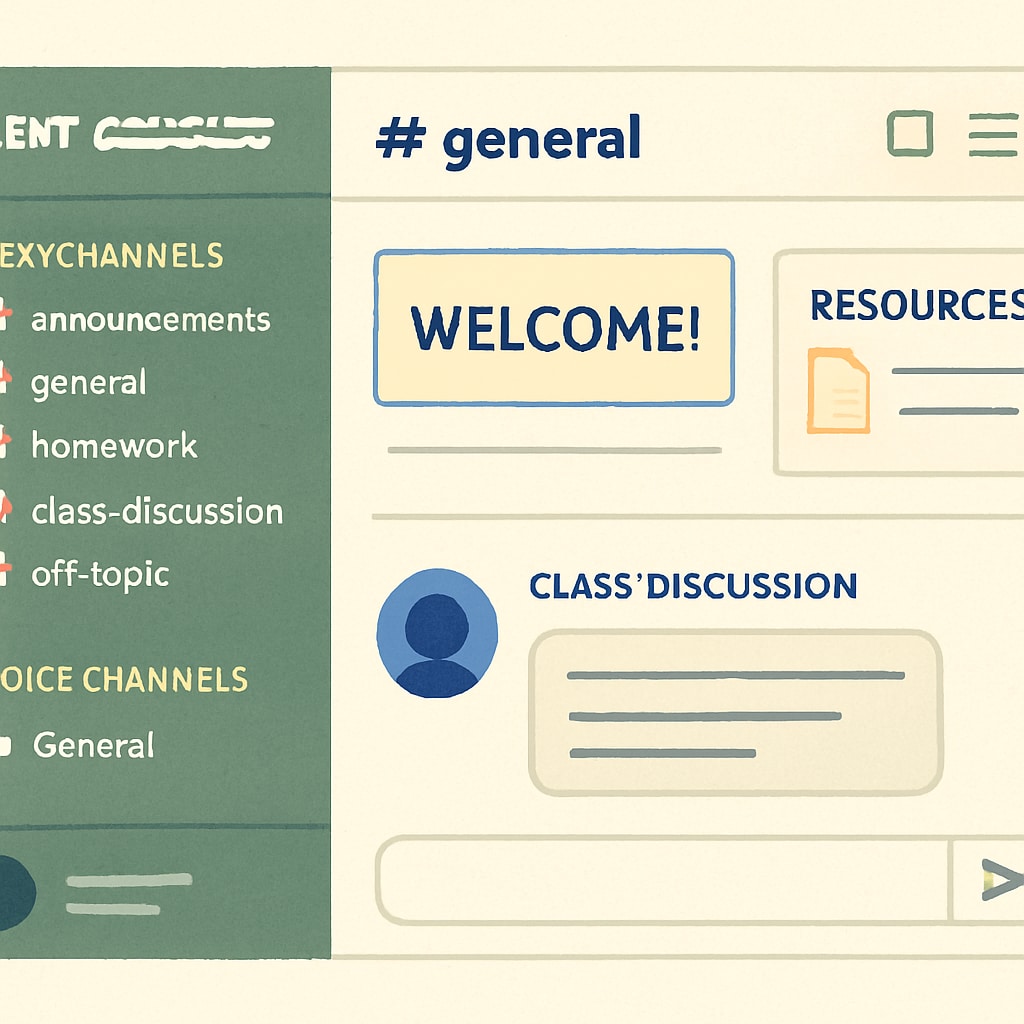In today’s educational landscape, fostering effective learning communities is essential for student success. Utilizing resources like study groups and digital platforms, such as Discord, can significantly enhance collaboration and knowledge sharing. By examining the strategies employed by higher education institutions like the University of Houston, educators and students in K12 settings can adopt practical approaches to improve learning outcomes.
The Role of Study Groups in Collaborative Learning
Study groups have long been a cornerstone of effective education. They encourage peer-to-peer interaction, foster deeper understanding, and provide emotional support. For example, students at the University of Houston often form study groups to tackle complex subjects together. These groups not only lighten the cognitive load but also teach essential skills like teamwork and communication.
In K12 education, forming study groups can be just as impactful. Educators can guide students in organizing small, diverse teams where members can share their strengths. This approach ensures that no student is left behind and that every learner has a chance to contribute.

Harnessing the Power of Digital Platforms
Digital platforms like Discord have emerged as invaluable tools for education. Originally designed as a communication app for gamers, Discord has evolved into a versatile platform suitable for academic collaboration. Its features, such as voice chat, text channels, and file sharing, make it ideal for organizing study groups and facilitating real-time discussions.
For instance, students at the University of Houston have used Discord to create departmental servers where they can discuss coursework, share resources, and even host virtual study sessions. In K12 contexts, teachers can create supervised servers to ensure a safe and productive environment for learning.
- Customizable Channels: Teachers can set up separate channels for different subjects or projects.
- Real-Time Communication: Students can ask questions and get instant feedback.
- Resource Sharing: Files, links, and multimedia can be shared seamlessly.

Lessons from the University of Houston
The University of Houston serves as an excellent example of how learning communities can thrive. The university encourages collaborative learning through study groups, peer tutoring, and digital tools. These initiatives create a supportive environment where students feel empowered to succeed.
K12 educators can adapt these strategies by integrating technology into the classroom and promoting a culture of collaboration. For example, schools can host workshops to teach students how to use platforms like Discord effectively, or they can provide guidelines for forming and managing study groups.
Practical Tips for Building K12 Learning Communities
To implement these ideas effectively, consider the following tips:
- Encourage Participation: Motivate students to join study groups and actively contribute.
- Provide Training: Offer tutorials on using digital platforms like Discord responsibly.
- Set Clear Goals: Define objectives for study sessions to keep students focused.
- Monitor Progress: Regularly check in with groups to ensure they are on track.
By combining traditional methods like study groups with modern tools like Discord, educators can create dynamic learning environments that prepare students for future challenges.
In conclusion, the integration of study groups and digital platforms in K12 education has the potential to revolutionize learning. By drawing inspiration from successful models like the University of Houston, educators can empower students to collaborate, innovate, and excel in their academic journeys.
Readability guidance: Use short paragraphs and lists to summarize key points. Minimize the use of passive voice and long sentences. Distribute transition words throughout the text to enhance flow.


